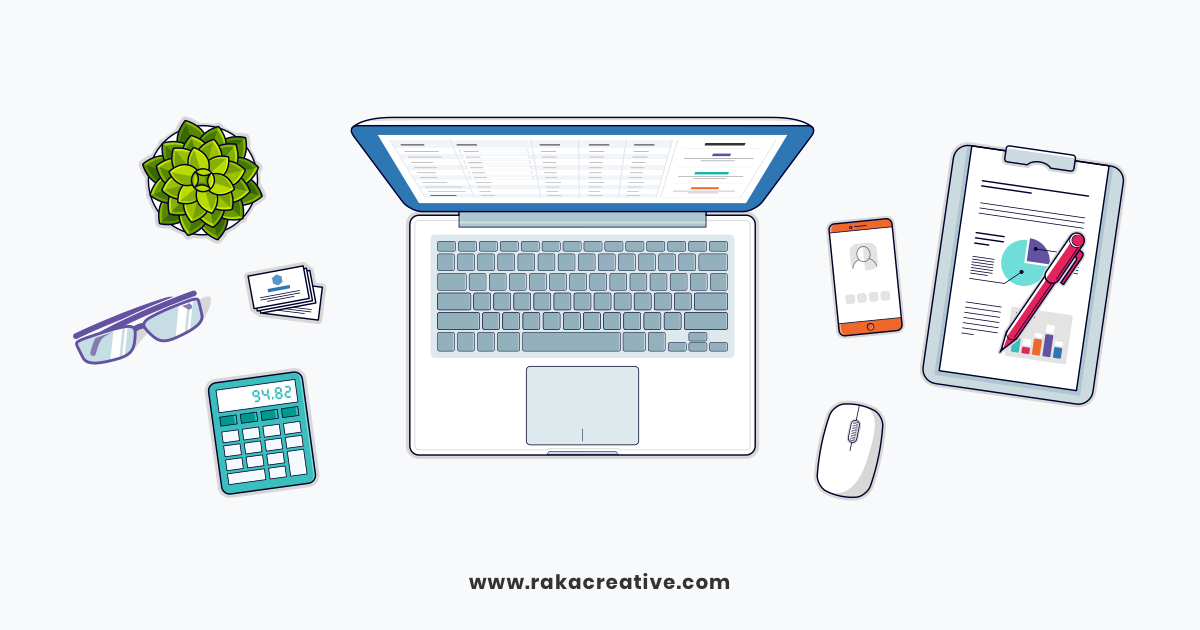If your brand is considering digital advertising, there’s a lot to think about—search vs. display, CPC vs. CPM, CRM integrations, bid strategies, budget breakdowns. There’s no end to what you might need to consider.
But with so much to think about, it’s important that you’re able to answer some questions about your brand position and commitment to digital marketing to ensure that you’ll be able to benefit from a digital ads campaign. If you can answer yes to the following eight questions, congrats—you’re ready for digital advertising!
Table of contents
- 1. Do you willingly accept that you’re not Apple, Nike, BMW, Amazon, SalesForce, GE, Procter & Gamble, AT&T or one of their direct competitors?
- 2. Do you already own your most valuable SERPs?
- 3. Can you sell your product or service in less than 15 seconds?
- 4. Do you lead the industry conversation on target social channels?
- 5. Is your competence at email marketing evident from your thousands of subscribers and strong open rates?
- 6. Is your conversion cycle measured in weeks or months?
- 7. Are you and your sales team comfortable working together?
- 8. Have you committed to content?
1. Do you willingly accept that you’re not Apple, Nike, BMW, Amazon, SalesForce, GE, Procter & Gamble, AT&T or one of their direct competitors?
Because if not, you’re going to have a lot of trouble with online advertising. Inventory is expensive, the marketplace is crowded with other businesses that offer a similar service or product to yours, and resources to promote those offerings and build customer relationships are limited. If these aren’t truths that you’re ready to face, it’s probably time to look in the mirror.
2. Do you already own your most valuable SERPs?
Any (good) strategic partner will tell you that you should be doing everything in your power to take advantage of all the online inventory that’s available to you (meaning—in the case of search—that you should rank well organically and in ads). A great strategic partner will support you in focusing on winning organically first.
Why? If you don’t perform well on your top queries organically, it generally means one of two things: that your site either has a poor user experience (this doesn’t bode well for traffic from advertising, which is notoriously more fickle and less forgiving than organic traffic) or that it doesn’t present a consistent message (which is just poor business).
Ranking first for brand or product queries in ads while you’re on page five organically is a sign to users that you don’t have your ducks in a row, and would rather throw copious amounts of money at your problem than buckle down and fix it. Would you want to partner with or buy from a business who tried to mask its inefficiencies with window dressing?
3. Can you sell your product or service in less than 15 seconds?
You get 130 characters in a search ad to convince a potential customer to a) click your ad as opposed to your competitors’ ad, b) click your ad as opposed to just scrolling over the ads, sight unseen and c) click your ad with the intention of becoming a lead or a customer. If you can’t sell your product or service in 15 seconds to someone face-to-face, how do you expect to sell it to members of a much more skeptical, heterogeneous internet audience?
4. Do you lead the industry conversation on target social channels?
Popular thinking about advertising is that it’s meant to drive up revenue. While this isn’t untrue about digital advertising, it skips a few steps. Digital advertising is primarily meant to drive conversation and grow your audience, and if you’re not already doing that on social media, you’re missing out on an opportunity that you should be on top of before committing to an ad spend. Further (as you’ll read more about below), if you can’t get your current audience to engage with you, it’s going to prove to be significantly more challenging—and frustrating—to engage a new audience.
5. Is your competence at email marketing evident from your thousands of subscribers and strong open rates?
Kind of a loaded question. Is this necessary from a tactical point of view? Absolutely not. While having a substantial email list can help you to build efficient and effective remarketing campaigns, some of our best advertising clients don’t have strong email marketing campaigns.
But here’s the thing: if you don’t have a sizeable email list–and one that generates a lot of opens and clicks, at that—it may reflect on your messaging and your ability to connect with an audience that already has an interest in what you offer.
Oh, and here’s the other thing: remember those 130 characters we mentioned above? That’s not too far from what you get in an email headline. If you can’t get an audience that knows your brand and is invested in your product or service to open an email, you can’t expect a larger audience with less affinity to click on an ad, can you?
6. Is your conversion cycle measured in weeks or months?
If you sell bananas, you probably don’t need to advertise. You’re either Chiquita or you’re not, and most likely, anyone who needs a banana will just buy the one that looks the best at the store.
Conversely, if you’re the head of an admissions department at a traditional (i.e. not-for-profit) college, you can’t expect to have significant returns from digital advertising (take a look for yourself: do you see Harvard or Cal or Northwestern or Emory advertising?) because your buying cycle is years long: even the most sophisticated attribution platforms don’t often look back further than 90 days, and besides, there are so many other touch points that can’t be measured online (college fairs, meetings with guidance counselors, school tours) that it’d be impossible to determine a connection between ad performance and enrollment.
But if your product or service is a considered purchase and your sales cycle is measured in days, weeks, or months, ads can have an impact on driving demand, leads, or sales.
7. Are you and your sales team comfortable working together?
If you’ve spent the past four company holiday parties introducing yourself to the same salespeople as if it were the first time you’d ever met (or if one of the salespeople has done the same to you), we recommend working on those connections before trying to connect with your audience.
Why? Think about it; if you (and, by extension, your marketing team) and your sales team don’t know each other, it’s pretty unlikely that you share common goals, understand how the other is qualifying leads and/or have agreed-upon workflows for managing new leads. If any of these items are realities, you should take that money that you were going to put into advertising and spend it instead on a retreat for your business development team.
8. Have you committed to content?
We’re not here to tell you that content is king. What we are here to tell you is that quality content in a variety of formats will help to make your advertising that much more effective. If you haven’t committed to the creation of great creative (no, iStock and Getty doesn’t count), devoted time and energy to video, or spent a lot of time on your copy, it’ll be harder (but not impossible) to build effective digital advertising campaigns. If you have committed to these, you’ll be able to leverage them in display campaigns, in video campaigns, and in landing pages.
Of course, if you can’t answer yes to all of these questions, but still have a compelling reason or need to engage in some advertising (such as testing messaging, promoting a new product or service, or driving interest in an event), there may still be a benefit to launching a digital advertising campaign. Contact Raka today to learn more about how we can help you get started with advertising, or download our advertising channels guide!





